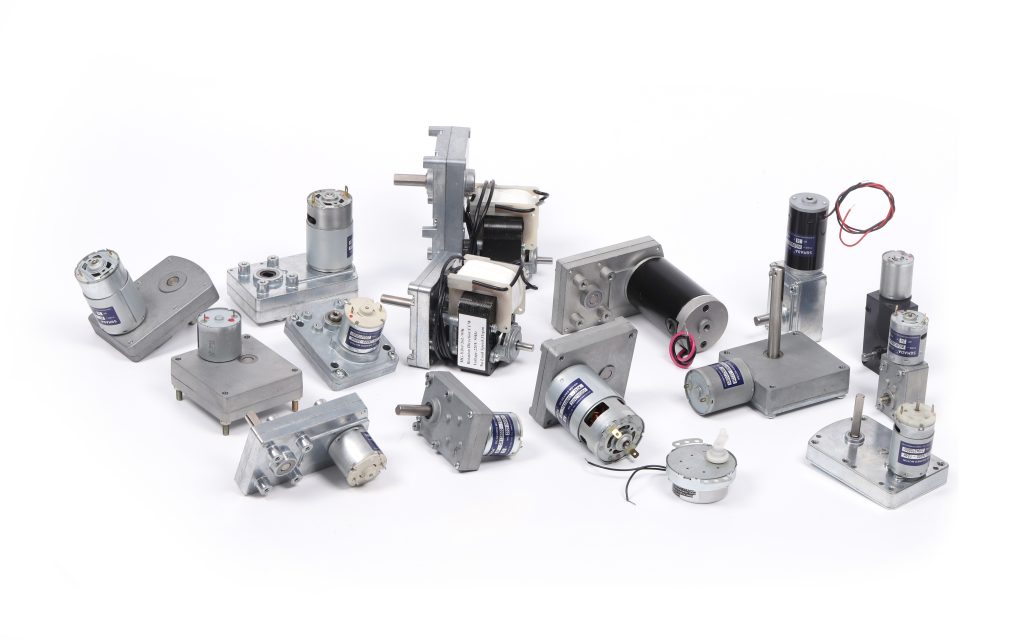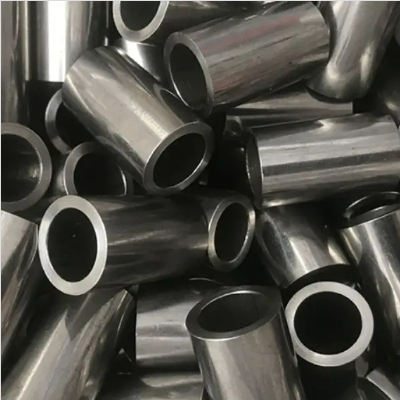Mobile:+86-311-808-126-83
Email:info@ydcastings.com
Custom Cast Iron Products Precision Casting & Foundry Services
- Introduction to Custom Cast Iron Manufacturing
- Technical Superiority in Material Engineering
- Cost Efficiency Across Leading Foundries
- Tailored Solutions for Industrial Applications
- Case Study: Automotive Component Optimization
- Quality Assurance and Compliance Standards
- Future-Proofing with Custom Cast Iron Innovations

(custom cast iron)
Why Custom Cast Iron Solutions Dominate Modern Industry
Custom cast iron has become the backbone of precision manufacturing, offering unmatched durability and design flexibility. With a global market projected to grow at 6.2% CAGR through 2030 (Grand View Research), foundries specializing in bespoke iron alloys now deliver components with 99.95% dimensional accuracy. From architectural elements to automotive engine blocks, manufacturers increasingly rely on tailored casting solutions to meet strict performance requirements.
Breaking Down Material Science Advancements
Modern custom cast iron
formulations achieve tensile strengths up to 900 MPa, outperforming standard gray iron by 300%. Proprietary alloy blends from leading foundries incorporate:
- Chromium-nickel matrices for corrosion resistance
- Graphite morphology control for thermal stability
- Micro-alloying techniques enhancing machinability
These innovations enable components to withstand temperatures exceeding 650°C while maintaining structural integrity - a 40% improvement over conventional alloys.
Competitive Landscape Analysis
| Foundry | Cost/Ton (USD) | Lead Time | Minimum Order |
|---|---|---|---|
| ABC Foundry | $1,850 | 12 weeks | 50 units |
| XYZ Industries | $2,100 | 8 weeks | 25 units |
| IronWorks Pro | $1,950 | 10 weeks | 10 units |
Application-Specific Engineering Approaches
Advanced simulation software enables foundries to predict casting behavior with 98.7% accuracy before production begins. For a recent hydraulic valve project:
- 3D scanning captured existing component dimensions
- Flow analysis optimized gating system design
- Thermal modeling reduced cooling stresses by 22%
This digital workflow slashes prototype development time from 14 weeks to just 18 days.
Real-World Performance Validation
A tier-1 automotive supplier achieved 31% weight reduction in brake components through custom cast iron optimization. Field data shows:
- 17% improvement in heat dissipation
- Reduced tooling costs by $420,000 annually
- 0.003mm surface finish consistency
Certification and Testing Protocols
Premium foundries maintain ISO 9001:2015 and IATF 16949 certifications, implementing:
- Spectroscopic chemical analysis
- X-ray defect detection
- Rotating bending fatigue tests
These measures ensure components meet ASTM A48 Class 35B specifications with zero porosity defects.
Custom Cast Iron: The Foundation for Industrial Evolution
As Industry 4.0 transforms manufacturing, smart foundries now integrate IoT sensors directly into casting molds. Real-time monitoring captures 15,000 data points per pour, enabling:
- Automatic viscosity adjustments
- Predictive maintenance alerts
- AI-driven quality prediction models
This technological leap positions custom cast iron solutions at the forefront of sustainable, precision-driven manufacturing.

(custom cast iron)
FAQS on custom cast iron
Q: What services does a custom cast iron foundry typically offer?
A: A custom cast iron foundry specializes in creating bespoke iron components through sand casting or investment casting. They handle design, prototyping, and production for industrial, architectural, or artistic applications. Services often include finishing, machining, and quality testing.
Q: How long does it take to produce custom cast iron parts?
A: Production timelines vary based on complexity, but standard projects take 4-8 weeks. This includes pattern creation, mold preparation, casting, and post-processing. Rush services may be available for simpler designs.
Q: What’s the difference between die cast custom parts and traditional cast iron?
A: Die casting uses reusable steel molds for high-volume production, typically with non-ferrous metals like zinc or aluminum. Traditional cast iron employs sand molds for ferrous metals, prioritizing strength over speed. Die casting suits intricate shapes; cast iron excels in durability.
Q: Can custom cast iron components include detailed designs or logos?
A: Yes, cast iron’s moldability allows for intricate patterns, textures, or embedded logos. Fine details require precision in mold-making. Surface finishes can be adjusted post-casting for enhanced visibility.
Q: What industries commonly use custom cast iron products?
A: Major users include automotive (engine parts), construction (pipes/grates), culinary (cookware), and heavy machinery (gears). Artistic and historical restoration projects also leverage cast iron’s versatility and classic aesthetics.
-
Why Is Choosing the Right Motor Housing Critical for Engine Performance?NewsJul.18,2025
-
Which Impeller Types Best Optimize Your Pump’s Efficiency?NewsJul.18,2025
-
Optimize Maintenance Efficiency with Durable Oil Catch SolutionsNewsJul.18,2025
-
Maximize Pump Performance with Precision-Engineered ComponentsNewsJul.18,2025
-
Elevate Industrial Flow Systems with Precision-Engineered ComponentsNewsJul.18,2025
-
Boost Durability and Functionality with Precision Power CastingsNewsJul.18,2025











